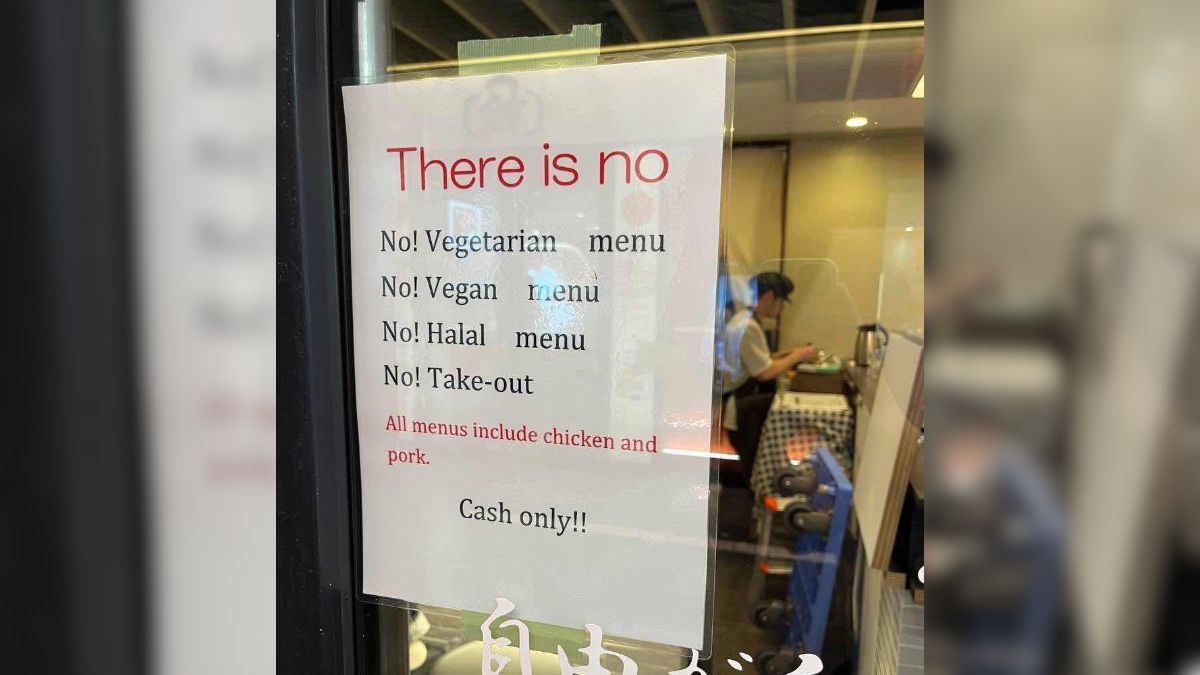A small restaurant in Tokyo has caused controversy by refusing to serve vegetarian, vegan, or halal meals. A sign at the entrance, written in both Japanese and English, clearly states that all dishes contain chicken or pork.
The restaurant is known for its ramen and yakitori, made with local ingredients and traditional recipes. Owner Hiroshi Tanaka says changing the menu would hurt the food’s original taste. “Our food represents our culture,” he told local media. “We want to share the true taste of Japan with our customers.”
This decision comes as Japan sees a sharp rise in tourism. More than 17 million visitors came in the first half of 2024, a 50% increase from the previous year. Many tourists follow special diets and often have difficulty finding suitable meals in Japan.
Traditional Japanese food often includes meat, fish, or dashi—a broth made from fish and seaweed—making it hard for some visitors to find options. While many large restaurants in Tokyo and Kyoto now offer plant-based or halal-certified meals, smaller spots like Tanaka’s prefer to stick with tradition.
The restaurant’s sign has sparked mixed reactions online. Some support the decision, saying it protects Japanese food culture. “If you want vegan food, go to a vegan restaurant,” one user posted. Others say the policy excludes many international guests. A tourist from Malaysia, Aisha Rahman, said, “It’s a missed opportunity to adapt and grow.”
Experts say Japan’s food industry faces a challenge. Bigger restaurants can adjust more easily. Smaller ones often lack the staff or resources. The Japan Tourism Agency is trying to help by educating restaurant owners about dietary needs, but progress remains slow.
With events like the 2025 Osaka Expo on the horizon, pressure is growing for restaurants to balance tradition with the needs of global travelers.











